Welcome to issue 48 of the Call to Comms, the first one of 2024. The whole TSF team wishes you a happy new year!
The Call to Comms is just one year old! We are grateful for you – our partners, supporters, readers –, for your loyalty and interest in our actions. Together, we are part of the TSF community, upholding the value of communication as a fundamental need in humanitarian situations.
The Call to Comms is evolving with this new year, focusing less on general humanitarian news and more on TSF missions, projects and testimonials. Our format may evolve as we go - we're always happy to hear your comments and ideas!
In this edition we will be focusing on free software, tools that are often little-known but which TSF teams use on a daily basis to reconnect people affected by humanitarian crises.
Free software is everywhere
Often little known or ignored, free software is present in almost all digital tools. From the many websites using Linux systems and the Nginx web server to the Firefox browser or the Android mobile OS.
You may wonder: I kind of know what a software is, so if we are speaking of “free software”, it means that I can get it free of charge?
Well… yes, and no.
No, because in this case “free” does not only mean that it is “free of charge”, but rather that it is released under a free software license.
And yes, because this free license gives you the right to copy, run, study and adapt free software to your needs, and even improve it!
ICT is our way to help
When we think about the way we try to help people, there is almost always a free software brick in the solutions we use.
When we provide internet connectivity in emergency situations, we monitor the connection closely using ntop-ng, influxdb and grafana. In Brazil, TSF created a VoIP (Voice-over Internet Protocol) solution, which enabled Venezuelan refugees to contact their families inside the country. The solution was based on the Session Initiation Protocol (SIP) protocol and the software PBX Asterisk, distributed under the GPLv2 [free] license – all of them free software.
We intervene in different humanitarian contexts, providing connectivity, access to information and digital inclusion activities. Free software is an essential component of our solutions, especially since we can adapt it to our specific uses, add functionalities and report or correct bugs.
The free software community works hard to create, develop and release these tools that bring value to the technological field. Our technical solutions are focused on meeting humanitarian needs, and we use every tool at our disposal.
To the technical community – from our partners to free software developers and all those who create and innovate in this field – we would like to say thank you, on behalf of the whole TSF team and for the people we are able to help together.
Read more here:
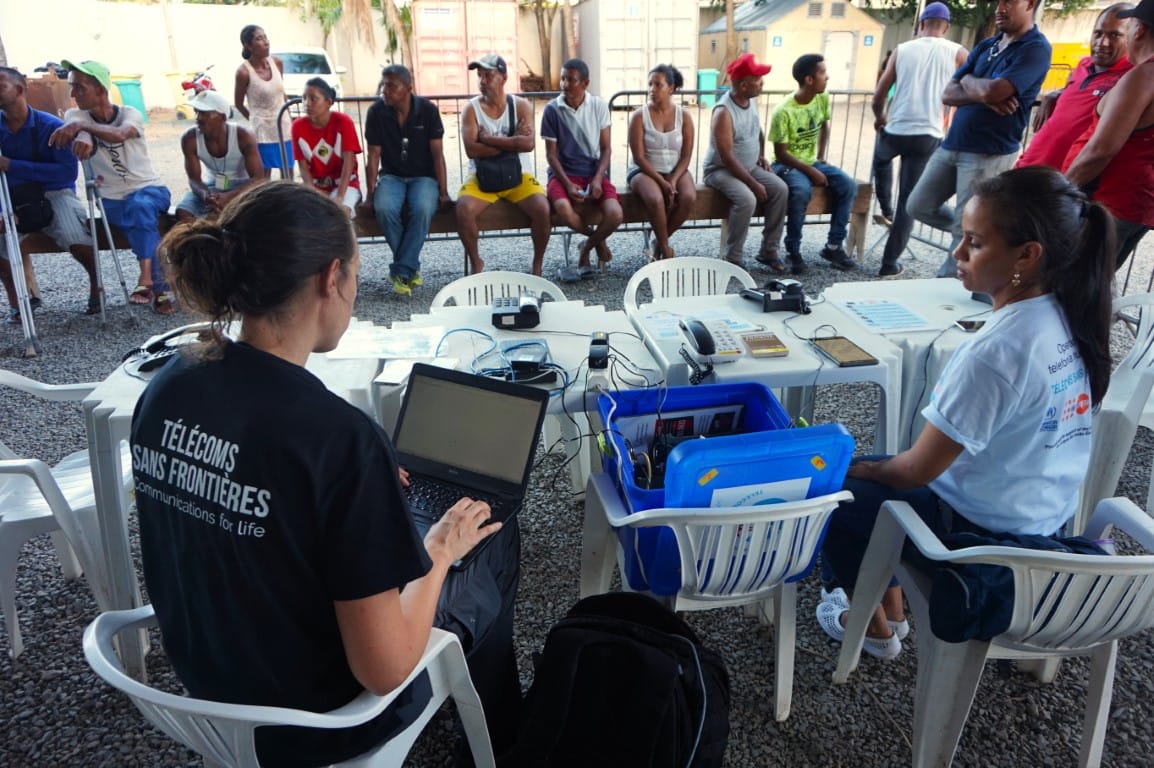
Happy new year, and see you next week!
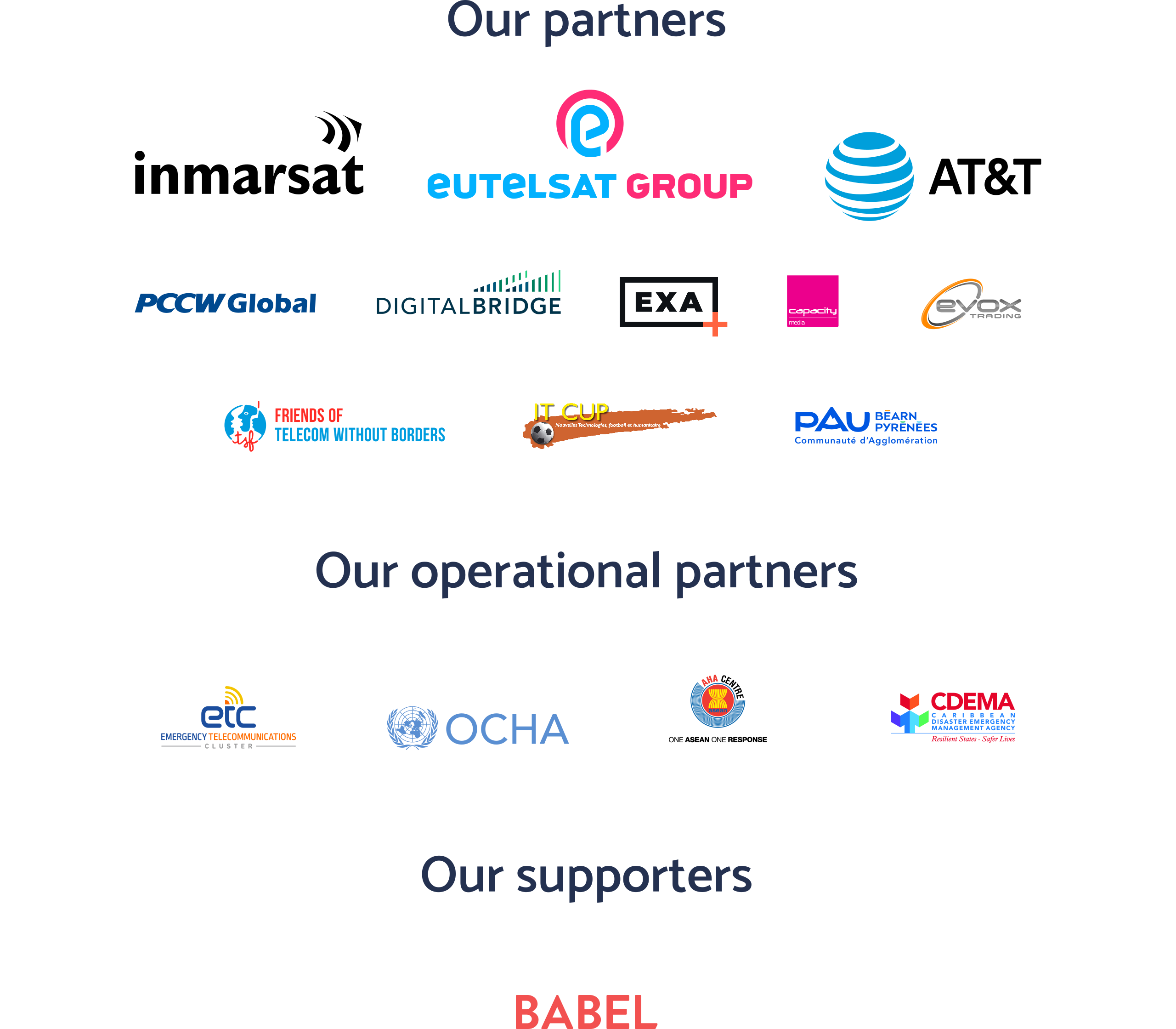


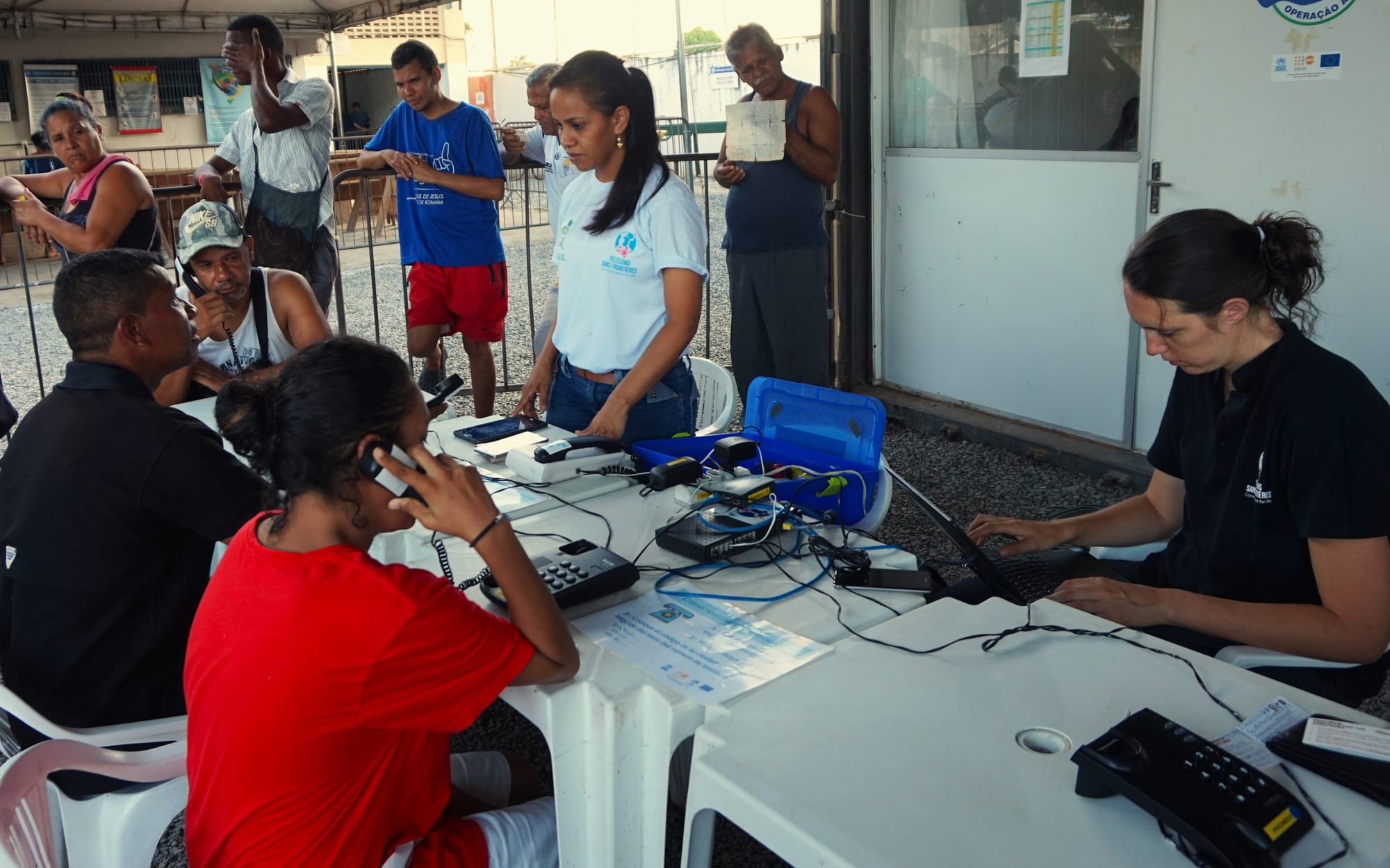



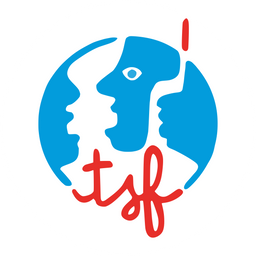
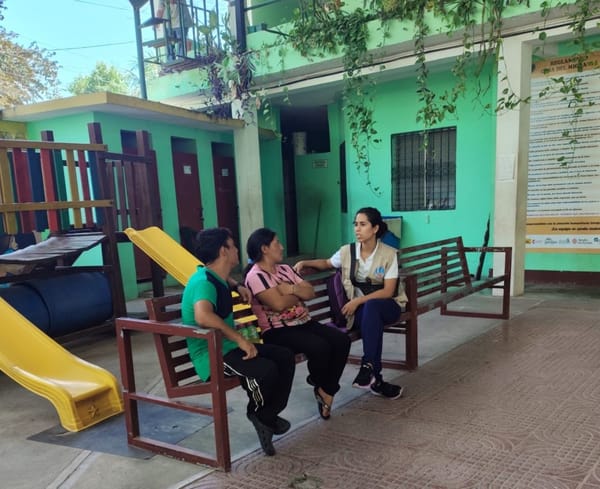
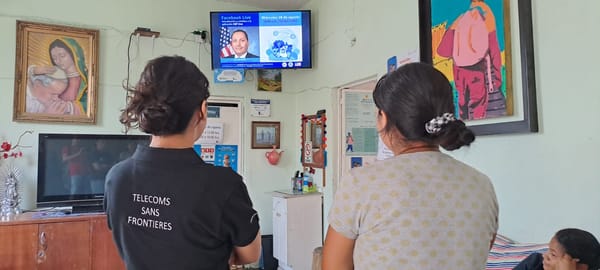
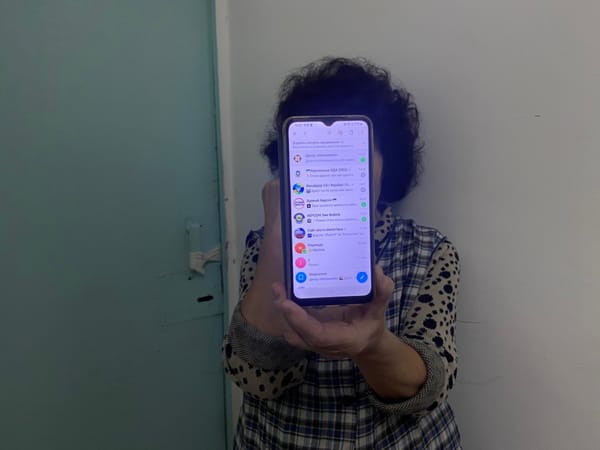
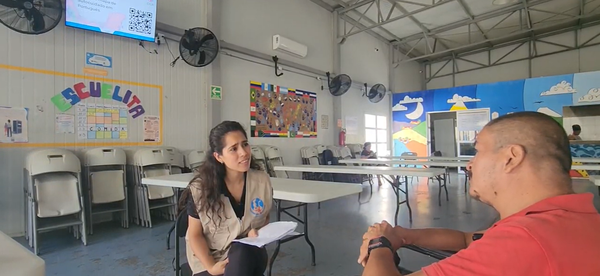
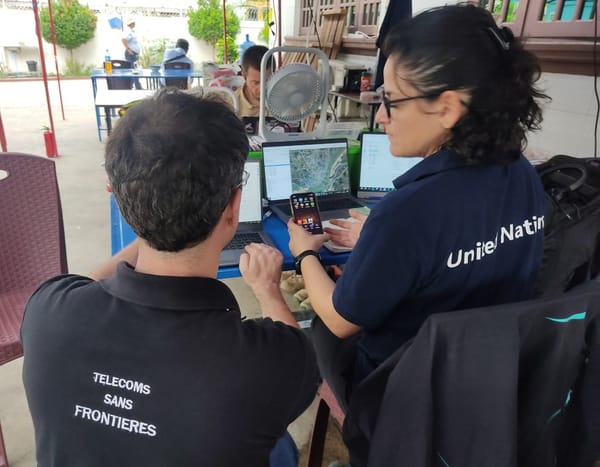
Member discussion